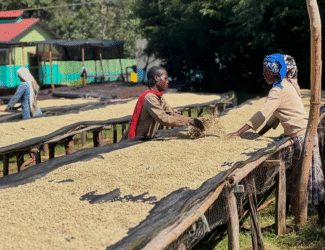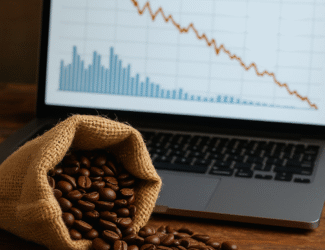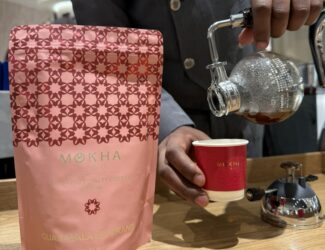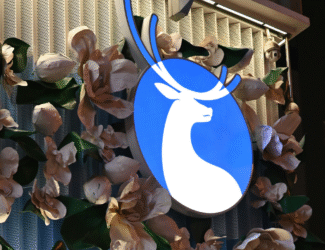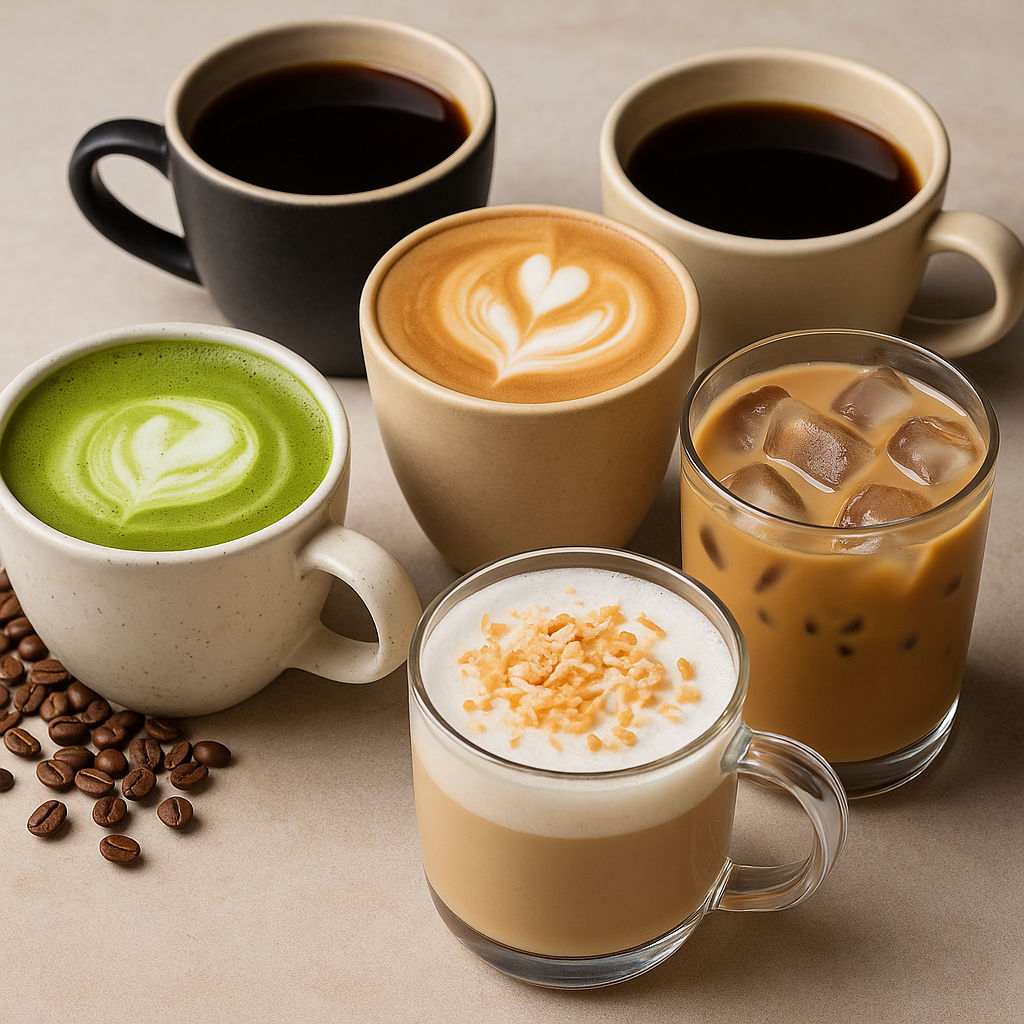
How Gen Z Is Brewing a New Global Coffee Culture
Dubai – Qahwa World
In a world shaped by economic uncertainty, climate challenges, and changing consumer values, Generation Z is redefining how humanity drinks its coffee and tea. Born between 1995 and 2009, this generation stands out for its digital fluency, health awareness, and desire for personal expression — qualities now transforming one of the world’s oldest beverage traditions.
Coffee has long dominated consumption in developed markets such as Europe and North America, where per capita retail brewed consumption reached 127.7 and 98.5 litres respectively in 2024. Yet the real growth potential lies in the emerging regions of Asia Pacific and the Middle East — areas home to the largest Gen Z populations. With incomes rising and tastes evolving, these regions represent a new frontier for the global coffee and tea industry.
According to Euromonitor International’s Voice of the Consumer: Lifestyles Survey (2025), daily caffeine intake among Gen Z varies sharply between regions. Europe leads with around 44% of respondents consuming caffeine at least once a day, followed closely by Latin America and North America. In contrast, daily consumption rates are lower — though rising rapidly — in Asia Pacific (31%) and the Middle East & Africa (29%). The numbers underline both cultural diversity and untapped opportunity.
Generation Z is not simply consuming — it is curating. For these young consumers, coffee and tea are deeply personal experiences. Half of respondents in Euromonitor’s survey said they actively seek products and services tailored to their own identities and lifestyles. This is why social media now plays a central role in shaping beverage trends: matcha and coconut lattes, discovered on TikTok and Instagram, quickly turn from niche products into cultural symbols. In this digital space, a drink is not just consumed — it is shared, styled, and photographed.
Beyond cafés, the same creative energy is transforming home brewing. For Gen Z, the coffee machine has become both a tool of experimentation and a reflection of self-expression. Brewing at home satisfies both economic practicality and the pursuit of the perfect café-quality cup — an act that blends creativity, mindfulness, and comfort.
Health and sustainability are equally crucial. Young consumers are embracing functional coffee that delivers benefits beyond caffeine — from mushroom and collagen-infused blends to beverages that support digestion, focus, and beauty. At the same time, their environmental awareness is reshaping the market. Gen Z is far more receptive than previous generations to lab-grown and “beanless” coffee, such as the innovations being developed by Atomo Coffee and start-ups in Singapore, France, and the United States. For them, technology and ethics can coexist — and even enhance each other.
Social platforms remain at the heart of this transformation. TikTok and Instagram have become cultural laboratories where new drinks, aesthetics, and habits are born. Major brands are adapting fast: Starbucks’ Coco Matcha and Coco Cold Brew reflect this generation’s visual culture, while Nespresso’s collaboration with The Weeknd shows how celebrity storytelling can deepen brand connection. Direct-to-consumer brands like Blue Tokai and Sleepy Owl in India, or Perk Coffee in Singapore, are thriving with subscription models that deliver convenience, personalization, and loyalty in equal measure. Even convenience chains are evolving — 7-Eleven now offers automated tea machines, while Korea’s Coffee Banhada uses artificial intelligence and unmanned drive-throughs to serve customized brews to tech-savvy customers.
The world’s next coffee revolution will not be defined by new beans or machines but by new values. As Gen Z continues to mature, its influence on global coffee and tea culture will expand across continents, uniting digital innovation with human connection. The future of coffee, it seems, will be crafted as much by individuality and sustainability as by flavor and aroma — one personalized cup at a time.
